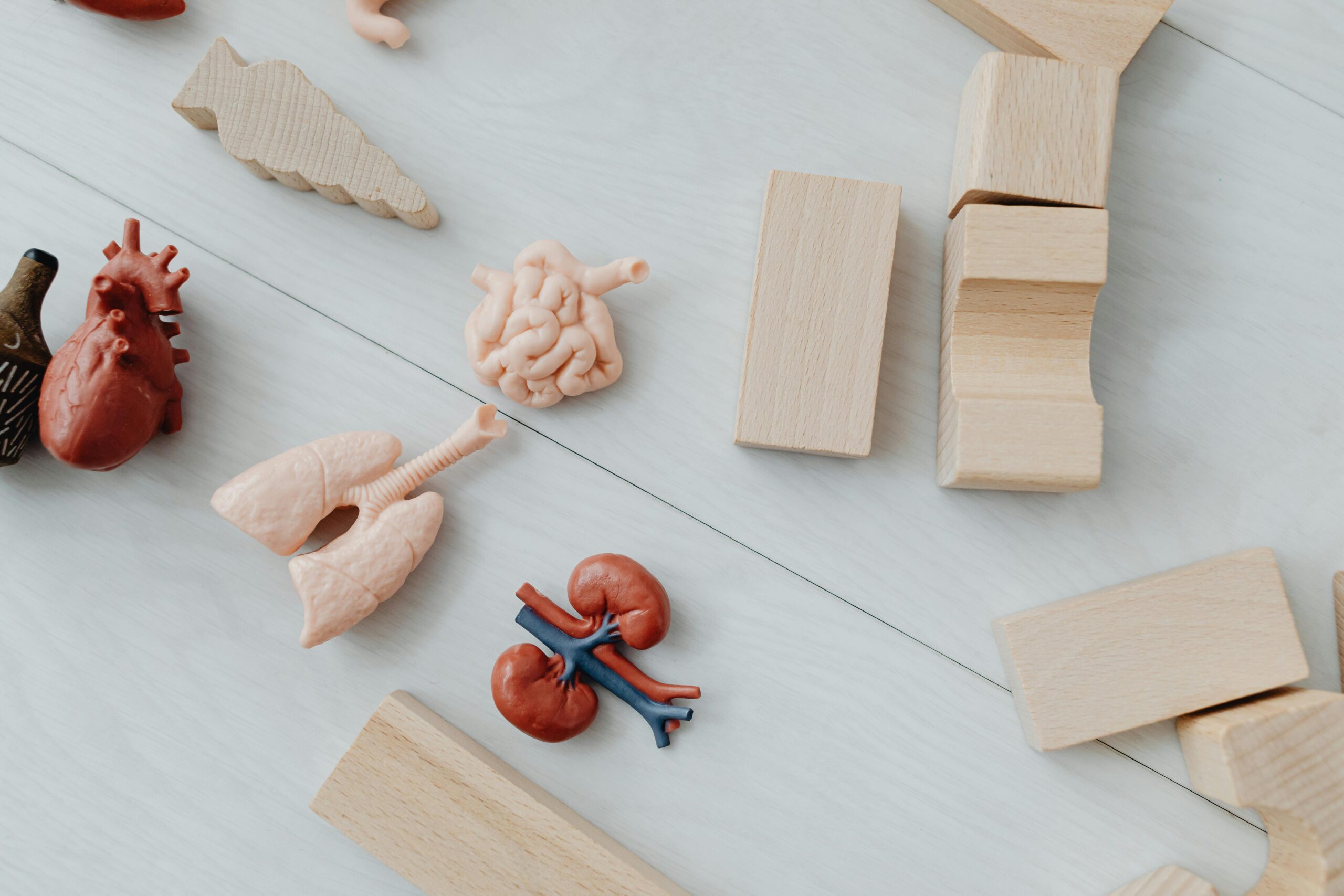A bidirectional relationship.
Hypertension is one of the leading causes of kidney disease, particularly chronic kidney disease (CKD). Elevated blood pressure can cause damage to the blood vessels in the kidneys, leading to a decline in their ability to filter waste from the bloodstream effectively. Over time, this damage can lead to kidney failure if left untreated. According to the National Kidney Foundation (NKF), about 1 in 3 adults with high blood pressure will develop kidney disease in their lifetime. High blood pressure puts extra strain on the kidneys, which are responsible for filtering about 50 gallons of blood each day. Prolonged hypertension can cause the small blood vessels in the kidneys to narrow, weaken, or even rupture, which impairs kidney function. The kidneys then struggle to regulate fluid balance, electrolytes, and waste products, leading to an accumulation of harmful substances in the body. This creates a vicious cycle where kidney dysfunction leads to higher blood pressure, further damaging the kidneys.
A VICIOUS CYCLE:
The relationship between hypertension and kidney disease is not one-sided. Kidney disease can exacerbate high blood pressure, creating a dangerous feedback loop. The kidneys play a crucial role in regulating blood pressure by controlling the balance of sodium and fluid in the body. When kidney function is impaired, the kidneys are less able to regulate these substances, causing fluid retention, which in turn increases blood pressure.
Kidney disease significantly increases the risk of developing hypertension, with individuals suffering from CKD being 3 times more likely to have high blood pressure. As kidney function deteriorates, the kidneys release substances such as renin, which increases blood pressure to help regulate fluid balance. However, in the context of CKD, this process is disrupted, leading to dangerously high blood pressure that accelerates the progression of both conditions.
PROTECT KIDNEY HEALTH:
Given the strong connection between hypertension and kidney disease, managing blood pressure is critical in preventing or slowing kidney damage. The American College of Cardiology (ACC) recommends maintaining blood pressure below 130/80 mm Hg for individuals at risk of kidney disease. For those already diagnosed with CKD, strict blood pressure is essential to slow the progression of kidney damage and reduce the risk of heart disease.
Several lifestyle changes and medications can help manage both hypertension and kidney disease. Dietary interventions such as reducing sodium intake, increasing potassium-foods, and adopting the DASH (Dietary Approaches to Stop Hypertension) diet can significantly reduce blood pressure and improve kidney health. Regular physical activity, stress management, and adequate hydration also play a role in controlling blood pressure and supporting kidney function.





